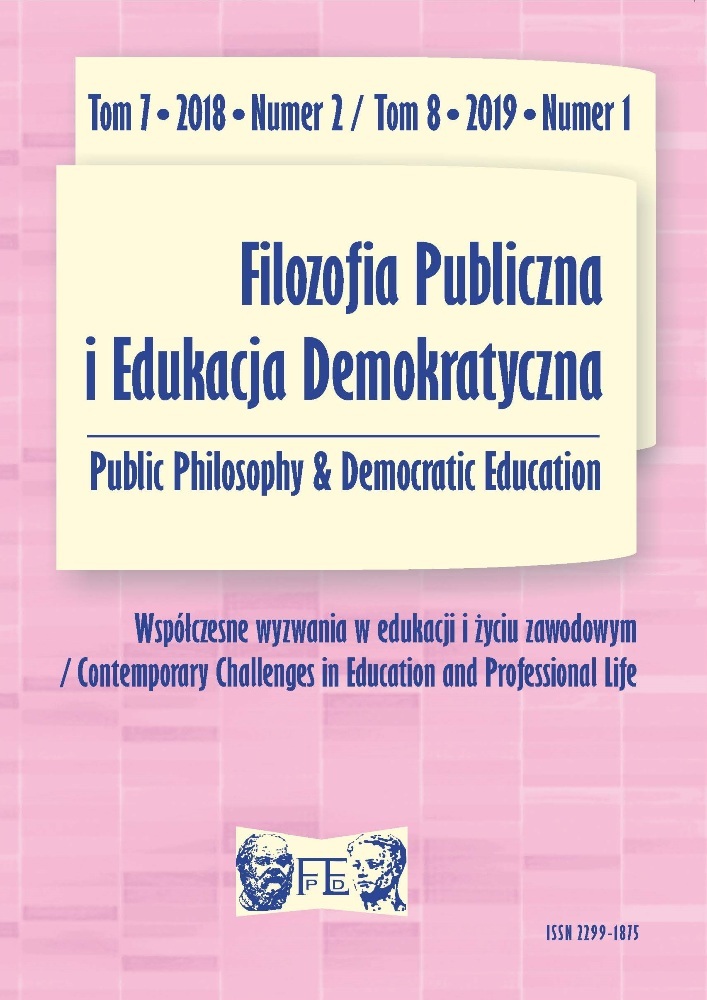Abstrakt
Forensic psycholinguistics is an emerging interdisciplinary subject that makes use of the psychological methods to analyze the linguistic phenomena in legal activities and therefore it is of the multiple and cross-disciplinary nature. In ancient Chinese culture there were written expressions with thoughts of forensic psycholinguistics and its practices. In Western countries the research started from European societies at the end of 19th century when Münsterberg and Cattell and some other scholars acted as the pioneers of this domain. After the WWII the research center of forensic psycholinguistics gradually moved to the United States where the research of legal psychology and the use of psychological methods greatly facilitate the study and practices of forensic psycholinguistics. Its study object aims at the linguistic behavior in such legal activities as legislation, judicial, the obeying of the law and transgression, and its task should be the research on the behavior of the legal language in both levels of consciousness and unconsciousness. The construction of the system for forensic psycholinguistics should start from the perspectives of linguistic psychology of legislation, judicial, the enforcement and obeying of the law and the legal publicity so that a cross-cultural emerging subject with its values of practical application could be created.
Bibliografia
Bi Xiqian, “Psychological Strategy of Guidance in Criminal Interrogation”, Journal of People’s Public Security University of China (Social Sciences Edition) 2005, vol. 1, pp. 86–90.
Eysenck Michael W., Keane Mark T., Cognitive Psychology, trans. by Gao Dingguo, He Lingnin, East China Normal University, Shanghai 2009.
Guo Chengwei, “The Features of the Traditional Legal Languages Embodied in LONG JIN FENG SUI PAN of the Law of Tang Dynasty”, The Jurist 2006, vol. 5, pp. 53–58.
Luo Dahua, Judicial Psychology, People’s Education Press, Beijing 2005.
Ma Ai, “An Exploration of the Basic Theories in Forensic Psychology”, Journal of Gansu Political Science and Law Institute 2010, vol. 4, pp. 51–59.
Maltz Maxwell, The New Psycho-Cybernetics (Chinese Translation), Qunyan Press, Beijing 2007.
Ning Zhiyuan, A Talking about Grammar with Political and Legal Workers, Law Press, Beijing 1982.
Ruan Yuan, Notes on the Thirteen Classics, vol. 4, China Publishing House, Beijing 2009.
Shi Canfang, “A Psychological Analysis of Anomie Phenomena in Advertising Language”, Applied Linguistics 1995, vol. 1, pp. 49–51.
Shuy Roger W., Shnukal Anna (eds), Language Use and the Uses of Language, Georgetown University Press, Washington, DC 1996, pp. 222–234.
Smith Sharan S., Shuy Roger W., “Forensic Psycholinguistics: Using Language Analysis for Identifying and Assessing Offenders”, FBI Law Enforcement Bulletin April 2002, pp. 15–21.
Song Beiping, Legal Language, China University of Political Science and Law Press, Beijing 2012.
Wu Buyun, An Introduction of Marxist Philosophy of Right, Shaanxi People’s Press, Xian 1992.
Xiao Qingping, Yang Xuyin, “A primary Exploration of the Research on Criminal Psycholinguistics”, Criminal Research 2001, vol. 5, pp. 31–36.
Xing Wenjun, Research on Inquiring Psychological Language, Police Officer Education Press, Beijing 1997.
Yang Shaogang, “From Forensic Psychology to Forensic Psycholinguistics: A Historical Consideration”, Psychological Research 2011, vol. 4(3), pp. 1–6.
Yang Shaogang, “Zhougong Ji Dan’s Thought of Moral Psychology and Its Modern Interpretation”, Collected Papers of the Second International Academic Conference on Zhou and Qin Dynasty’s Ethical Culture and Modern Moral Values, Shaanxi Normal University Press, Shaanxi 2012.
Zheng Xuan, Notes on Rites of the Zhou, vol. 35, Shanghai Classics Publishing Press, Shanghai 2010.
Licencja
Prawa autorskie (c) Autorzy zachowują prawa autorskie i prawa do publikacji swoich artykułów w tym czasopiśmie, przyznając czasopismu prawo do ich rozpowszechniania na warunkach CC BY-NC-ND 4.0
